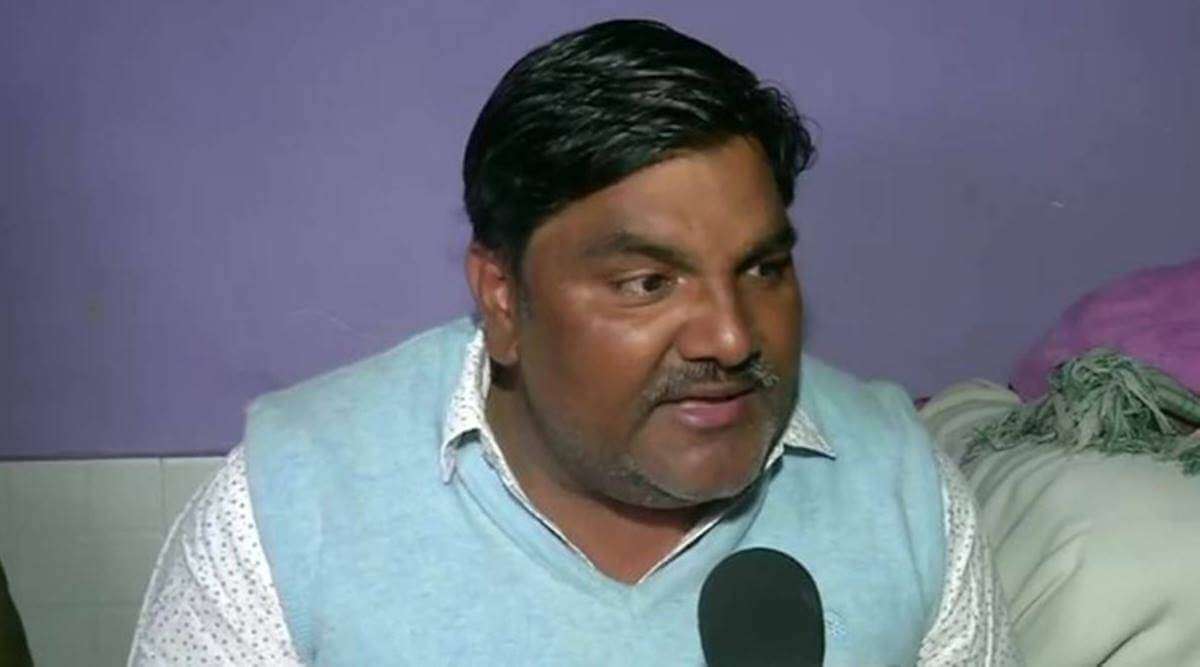Delhi High Court on September 16, 2022, refused to stay criminal proceedings against the Muslim politician Tahir Hussain in the FIRs registered against him in connection with the anti-Hindu Delhi riots of 2020. Hussain who has been in judicial custody since March 2020 approached the Delhi HC urging to club the FIRs registered against him at Khajuri Khas Police Station and Dayalpur Police Station. Both the FIRs were registered under the various provisions of the Indian Penal Code (IPC) and the Arms Act. The third FIR against him was registered by the Special Cell of Delhi Police under the IPC, Prevention of Damage to Public Property Act, and Unlawful Activities (Prevention) Act (UAPA). Justice Anoop Kumar Mendiratta while refusing the plea of Hussain said:
The application shall be considered in the light of reply reflecting the factual position in the respective FIRS by the respondent/State. No directions for stay of criminal proceedings are passed, at this stage.
In his application, Hussain cited Article 20(3) of the Constitution and argued that he could not be subjected to fresh investigation by the police in respect of the same incident as it would be an infringement of the right of the accused under Article 20(3) of the Constitution of India and judgments passed by the Supreme Court. The Court has listed the matter for hearing on January 25, 2023.
In May 2021, a trial court denied bail to Hussain in connection with the 2020 anti-Hindu riots and observed:
It was prima facie apparent that the applicant (Tahir Hussain) abused his muscle power and political clout to foment communal violence in the area.
The court further said:
The spread of riots on such a big scale in such a short time is not possible without a premeditated conspiracy. So, now when the applicant found himself up against the wall, he cannot pass on the buck by simply taking a plea that since he did not participate physically in the riots, so he has no role to play in the riots.
Tahir Hussain has been charged in the case related to the murder of Intelligence Bureau (IB) official Ankit Sharma during the Delhi riots in February 2020. The postmortem report of Sharma revealed that he was stabbed 51 times with sharp weapons. Delhi Police had informed in 2020 that Hussain had gathered a huge Muslim mob and asked them to throw stones, petrol bombs, and acid bottles from his roof at Hindus. Hussain had confessed in front of Delhi Police that he was the mastermind of the Delhi riots and wanted to teach Hindus a lesson using his political power and money. In the statement given by Hussain to Delhi Police he said:
Khalid Saifi, along with his friend Ishrat Jahan, first started a dharna demonstration in Khureji on the lines of Shaheen Bagh. On February 4, in Abu Fazal Enclave, I met Khalid Saifi for planning the riots. On February 4, in Abu Fazal Enclave, I met Khalid Saifi for planning the riots. It was decided to provoke people sitting on the anti-CAA strike. Khalif Saifi said that something big has to be done at the time of Donald Trump’s visit so that the government kneel. On February 24, according to our plan, I have called several people and told me how to throw stones, petrol bombs, and acid bottles from my roof. I had shifted my family to another place. On 24 February 2020, at about 1:30 pm we started throwing stones.
53 people were killed and around 400 injured in February 2020 anti-Hindu riots in Delhi following the anti-CAA protests by the Muslims. In July 2022, in a charge sheet filed by the Enforcement Directorate (ED) in the Prevention of Money Laundering (PMLA) Act court, it was informed that the investigation finds the involvement of the Islamist organization Popular Front of India (PFI) in funding the anti-CAA protests and inciting the anti-Hindu violence in the Delhi in February 2020 using social media.














